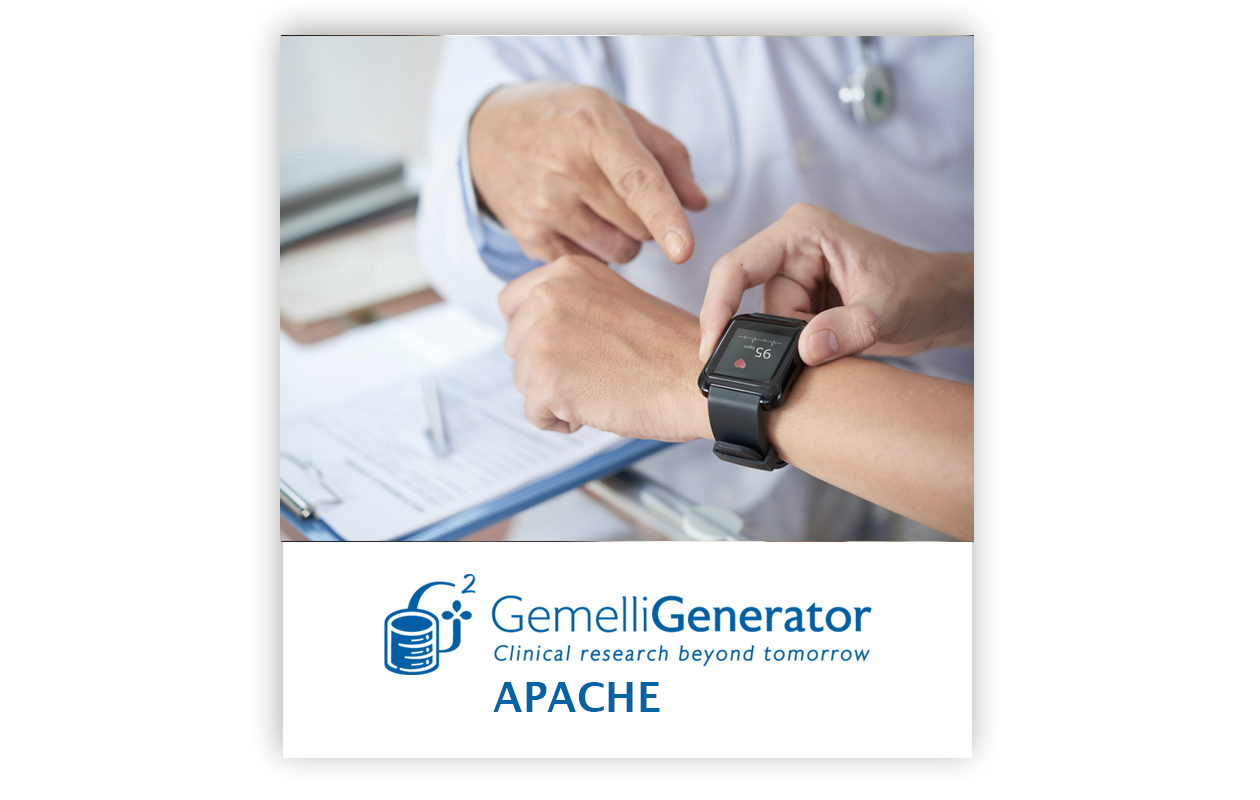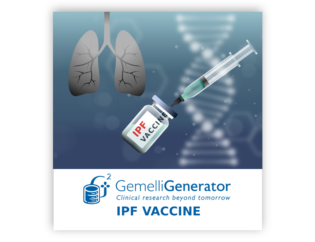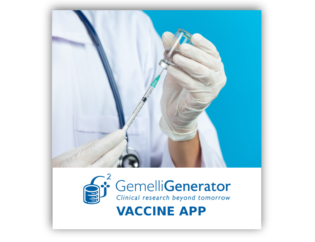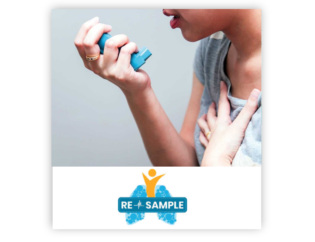
Oncology Real World Data & Wearables
Study Description
APACHE is an observational study with tracking devices, co-financed with a primary aim, to assess patients experience of using portable monitoring systems during multimodal oncological therapies and follow up period, through the use of the dedicated app Healthentia and wearable technology (i.e. monitoring bracelet), as Electronic Health Record data harvesting devices.
Monitoring oncological patients during multimodal cancer therapies may represent a significant step towards a comprehensive and reliable quality of life assessment, prevention of toxicity before its clinical onset and treatment outcomes prediction. More specifically, women affected by locally advanced cervical cancer undergoing chemoradiotherapy followed either by surgery or brachytherapy will report experience measurements like toxicity, instrumental activities of daily living and stress/coping levels.
The machine learning assisted analysis of these data will allow to identify patients profile that may be used as risk categories to optimize assistance and follow up practices.
Testimonial
"It is a very innovative study, by examining the questionnaires and the data collected by the wearable, we will be able to understand the objective relationship between these data and the correspondence with the symptoms reported by the individual patient, for example, if she moves little or if she has side effects due to toxicity of treatments that also affects the psychological or nutritional state"
Study Design & Methods
Patients will receive a state-of -the-art wearable device (i.e monitoring bracelet) that will collect at a daily basis Real-World Data like activity (i.e. steps per day), sleep, and vital signs. The device will be delivered during the first visit prior to CRT start. The collected data are then transferred to the patient’s paired device through the Healthentia application downloaded on their smartphone.
During the whole observation period, patients will be also asked to report their weekly wellbeing through the same application, completing dedicated questionnaires. Patient reported outcomes together with the data coming from the wearable device, are used to create lifestyle behavioral patterns of patient utilizing AI algorithms. Models with neural networks will be afterward trained, making it possible to monitor deviations from the patterns, assess and predict clinical outcomes and help with the validation of therapy efficacy and compliance.
Study Details
Type: Observational
Disease: Cervical Cancer
Site: Fondazione Policlinico Gemelli
Start: October 2020
Population: 50 patients
Duration: 24 months










